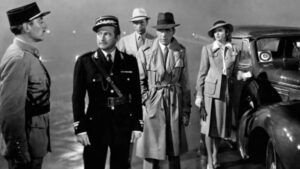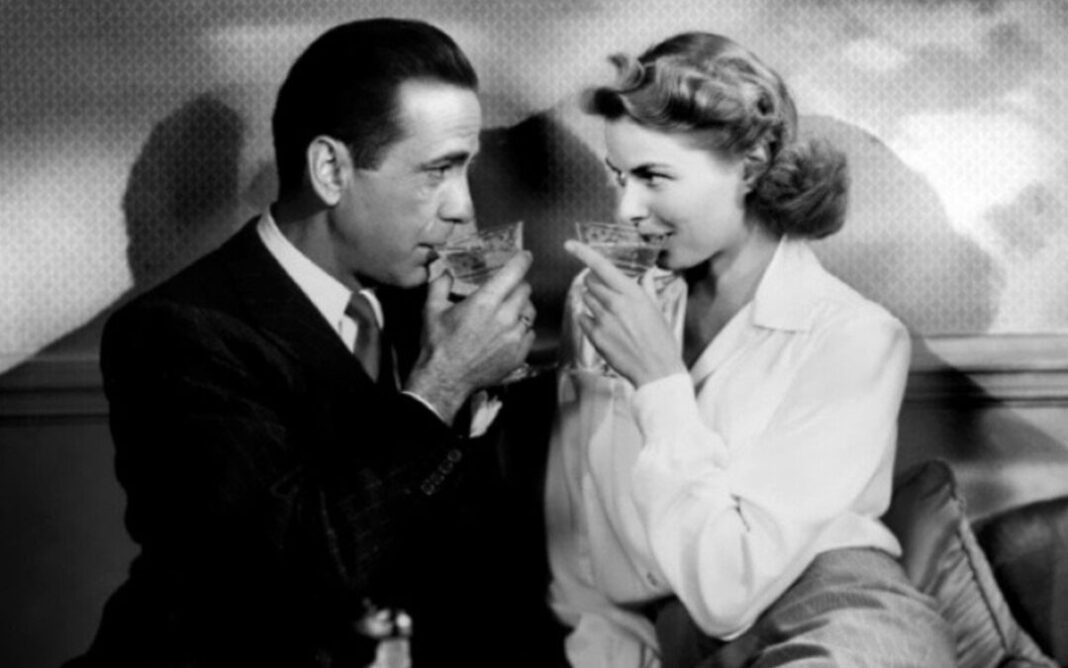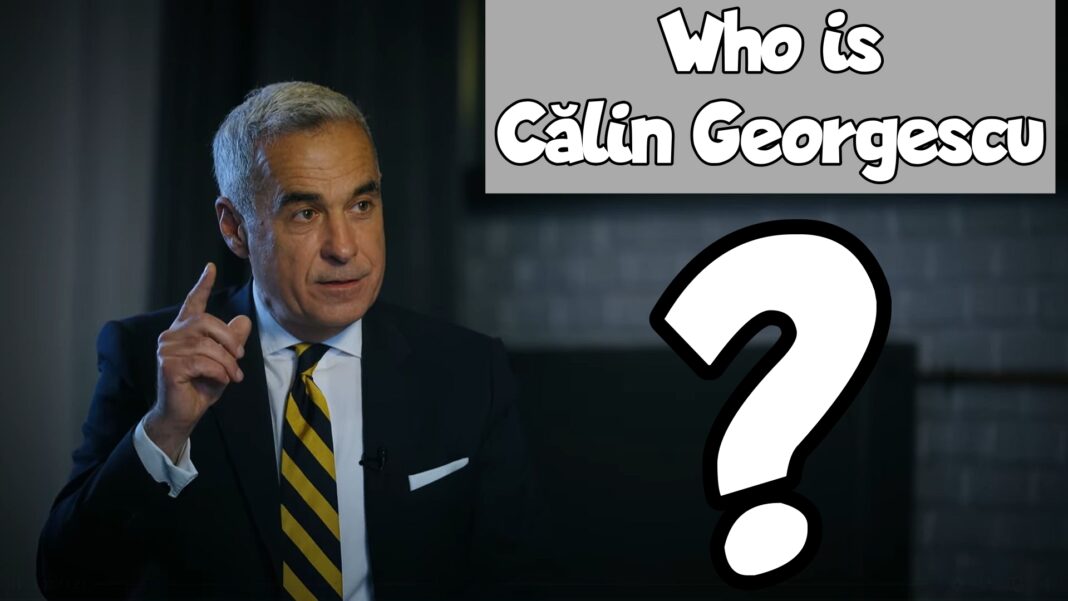On this day in Film: 1942 “Casablanca,” directed by Michael Curtiz and starring Humphrey Bogart and Ingrid Bergman, premieres at Hollywood Theater, NYC (Academy Award for Best Picture 1943)
Casablanca, American film drama, released in 1942, that was loosely based on Murray Burnett and Joan Alison’s unproduced play Everybody Comes to Rick’s. A fast-paced, emotionally charged romance set against the tumultuous backdrop of World War II, the film is one of the most celebrated and iconic motion pictures in history.
The film takes place in Casablanca, Morocco (then a French protectorate), where numerous Europeans are stranded after having sought refuge from Nazi occupation. With exit visas difficult to obtain from the Vichy government, two German couriers carrying valuable letters of transit are murdered on a train. Soon after, the crooked Ugarte (played by Peter Lorre) entrusts two such documents, which he plans to sell, to American expatriate Rick Blaine (Humphrey Bogart), the world-weary proprietor of Rick’s Café Americain. Before he can make the sale, however, Ugarte is promptly arrested for the couriers’ murder. Later, his prospective buyers—a well-known Czech resistance leader named Victor Laszlo (Paul Henreid) and his companion, Ilsa Lund (Ingrid Bergman)—arrive at the lively café. Rick immediately recognizes Ilsa, with whom he once had a brief love affair in Paris. She attempts to explain why she suddenly abandoned the relationship, but Rick, drunk and bitter, refuses to listen. The next day, Ilsa sharply informs Rick that she has been married to Laszlo since before they met.

That evening, Laszlo unsuccessfully beseeches Rick to surrender the letters, and later, after German Major Heinrich Strasser (Conrad Veidt) imperiously orders the café closed, Ilsa desperately confronts Rick with the same demand. Suddenly realizing that she is still in love with him, Ilsa admits that she had begun their affair believing that Laszlo had died in a concentration camp and that she had left him only after discovering that her husband was still alive. Meanwhile, Laszlo is arrested by the authorities, but in the morning Rick arranges with the police captain, Louis Renault (Claude Rains), for his rival’s release. Although Ilsa is now prepared to leave Laszlo, Rick ultimately helps her escape Casablanca with her husband, handing over the letters of transit at the airport and shooting the interfering Strasser.
Casablanca had a rocky journey to production, as producer Hal B. Wallis had difficulty filling several roles. He considered Lena Horne and Ella Fitzgerald, among others, for the part of the café entertainer, which eventually went to Dooley Wilson, who memorably sings “As Time Goes By.” Veidt was cast as the villainous Major Strasser only after Otto Preminger proved too expensive. Additionally, Wallis approached directors William Wyler, Vincent Sherman, and William Keighley before settling on Michael Curtiz. The film shoot was approached improvisationally, with screenwriter Howard Koch reportedly turning in pages each morning for scenes to be filmed that day. Bergman notably complained that she did not know how to play her scenes because she did not know whether Ilsa would end up with Rick or Laszlo.
In spite of the problems, the film was nominated for eight Academy Awards and won three, including best picture. It was also a box-office hit, receiving unexpected publicity from the Allied landing in the real city of Casablanca in November 1942 and from the summit conference held there by U.S. Pres. Franklin D. Roosevelt and British Prime Minister Winston Churchill two months later. Acclaimed for its snappy dialogue, Casablanca is the source of several classic movie quotes, perhaps most notably a line Rick affectionately repeats to Ilsa: “Here’s looking at you, kid.”
Production notes and credits
-
Studio: Warner Brothers
-
Director: Michael Curtiz
-
Producer: Hal B. Wallis
-
Writers: Julius J. Epstein, Philip G. Epstein, and Howard Koch
-
Music: Max Steiner
-
Running time: 102 minutes
Cast
-
Humphrey Bogart (Rick Blaine)
-
Ingrid Bergman (Ilsa Lund)
-
Paul Henreid (Victor Laszlo)
-
Claude Rains (Capt. Louis Renault)
-
Conrad Veidt (Major Heinrich Strasser)
-
Peter Lorre (Ugarte)
Academy Award nominations (* denotes win)
-
Picture*
-
Director*
-
Lead actor (Humphrey Bogart)
-
Supporting actor (Claude Rains)
-
Screenplay*
-
Cinematography (black and white)
-
Editing
-
Music score of a dramatic or comedy picture
*(This article was most recently revised and updated by John M. Cunningham)
Although an initial release date was anticipated for early 1943, Casablanca premiered at the Hollywood Theater in New York City on November 26, 1942, to capitalize on Operation Torch (the Allied invasion of French North Africa) and the capture of Casablanca.
It went into general release on January 23, 1943, to take advantage of the Casablanca Conference, a high-level meeting in the city between British Prime Minister Winston Churchill and American President Franklin D. Roosevelt. The Office of War Information prevented screening of the film to troops in North Africa, believing it would cause resentment among Vichy supporters in the region. / britannica, sbiff.org
VIDEO



